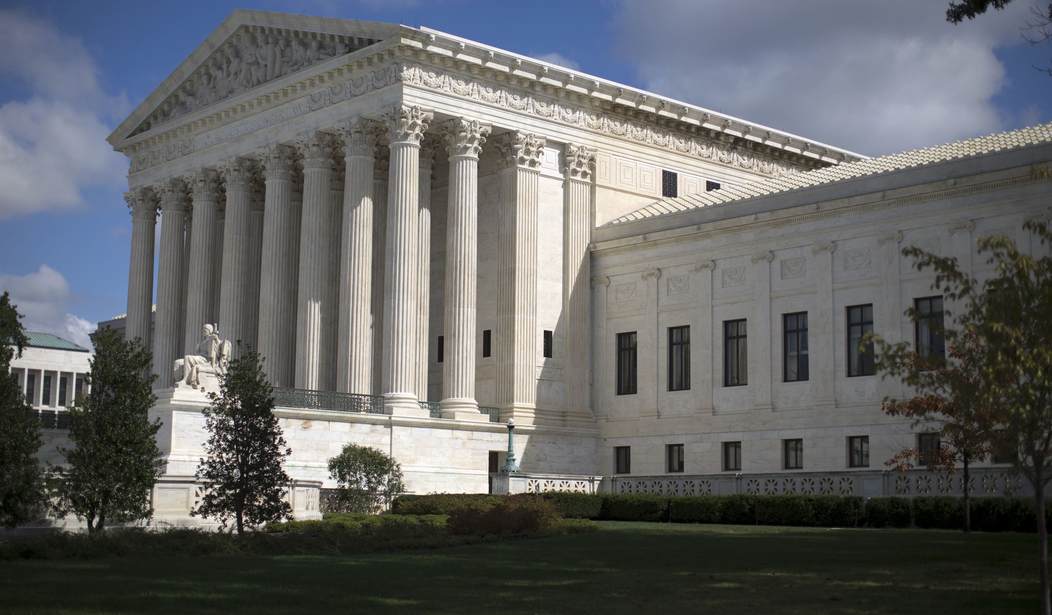Let's hear it for the Supreme Court of the United States, which now has given the green light to state governments so that they can start collecting billions of dollars in sales taxes from huge online retailers like Amazon, which have enjoyed an unfair advantage over their competition in retail malls.
The court was split by the narrowest of margins, five justices to four. Justice Anthony Kennedy wrote the majority opinion, pointing out that the realities of commerce today had rendered the court's decision in the long-ago year 1992 obsolete some time ago. Indeed, that decision might as well have had obsolescence written into it from the start.
The good news for state and local governments -- and all of us who depend on their many services -- is that it's estimated the court's ruling could soon enough bring in an extra $8 billion to $23 billion in much needed revenue, which should be seen in everything from better streets and roads to a safer, more secure public.
All of us can thank the good people of South Dakota for sticking to their guns and giving the swing justice of the country's highest court a sensible and profitable position to swing to. "South Dakota's tax system," to quote the majority opinion of the high court written by Justice Kennedy, "includes several features that appear designed to prevent discrimination against or undue burdens upon interstate commerce."
Joining the chorus of applause for the high court's decision was none other than Donald J. Trump, who told a group of governors meeting at the White House that the court's decision was "a big, big victory" for them and their states, calling it a "good decision" in one of his rare understatements, for he hasn't always been so supportive of judicial activism.
Recommended
The president wasn't the only one enthusiastic about this groundbreaking decision. Retailers who earn their money the old-fashioned way by operating brick-and-mortar stores have good reason to celebrate too. To quote Matthew Shay, speaking for the National Retail Federation: "Retailers have been waiting for this day for more than two decades. This ruling clears the way for a fair and level playing field where all retailers compete under the same sales-tax rules whether they sell merchandise online, in-store or both." There's nothing like open competition under the same rule of law to inspire all to do their very best and so prosper together.
In an email of its own, eBay opined: "Today's ruling is limited to large online retailers and confirms that small businesses are clearly viewed differently by the court. Now is the time for Congress to provide clear tax rules with a strong small business exemption." It's about time the little fellow got a break from the federal government.
The high court may have been divided nine ways from Sunday in this decision, but there's no doubting it attracted the support of the court's best and brightest -- Clarence Thomas for one example and Samuel Alito for another, to mention a couple of the court's stellar members. Not to mention the court's newest member, The Hon. Neil Gorsuch, who's just at the start of what let's hope is a long and promising tenure during which his intellectual gifts should bear the most memorable fruit in the form of great decisions still to come.
























Join the conversation as a VIP Member